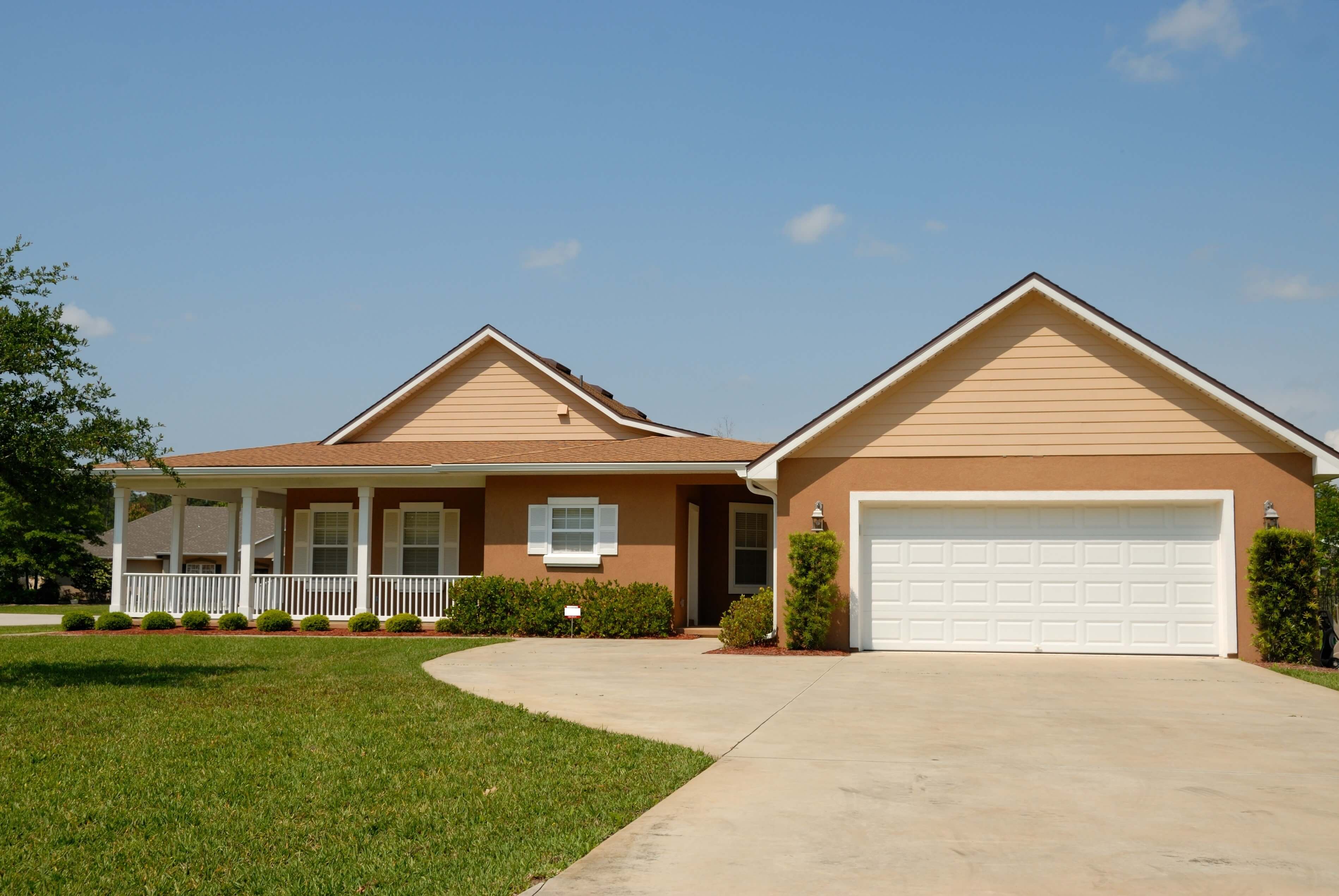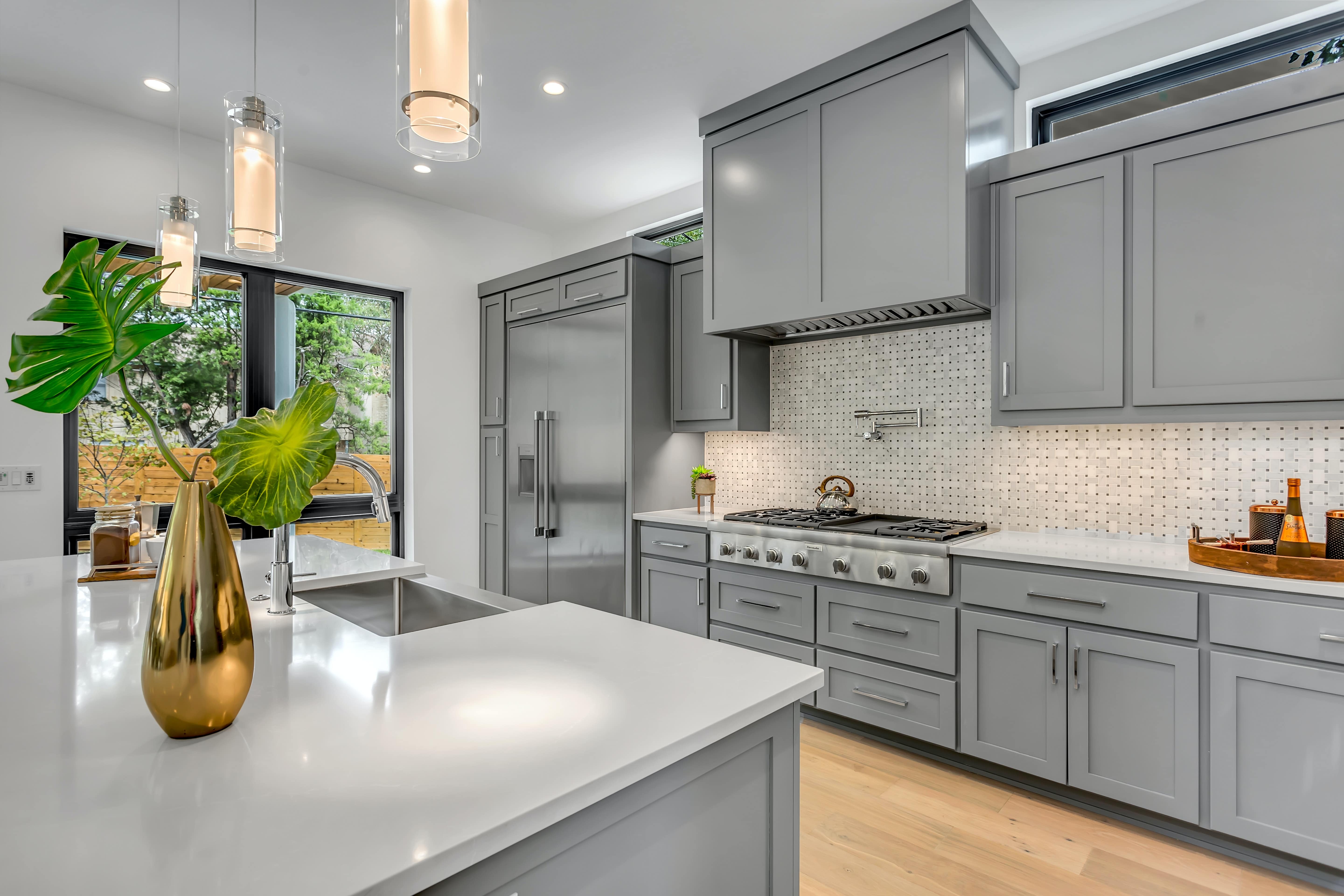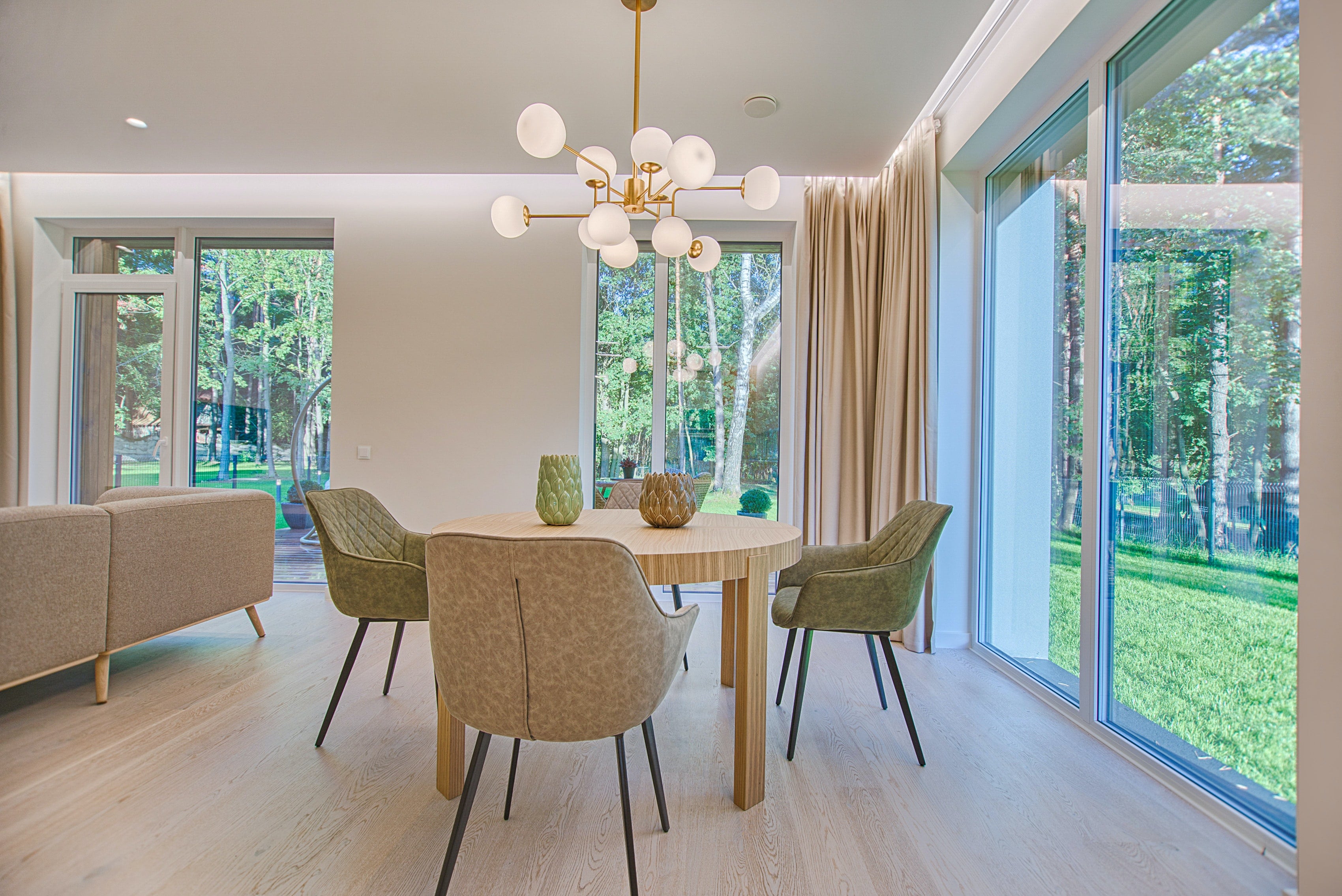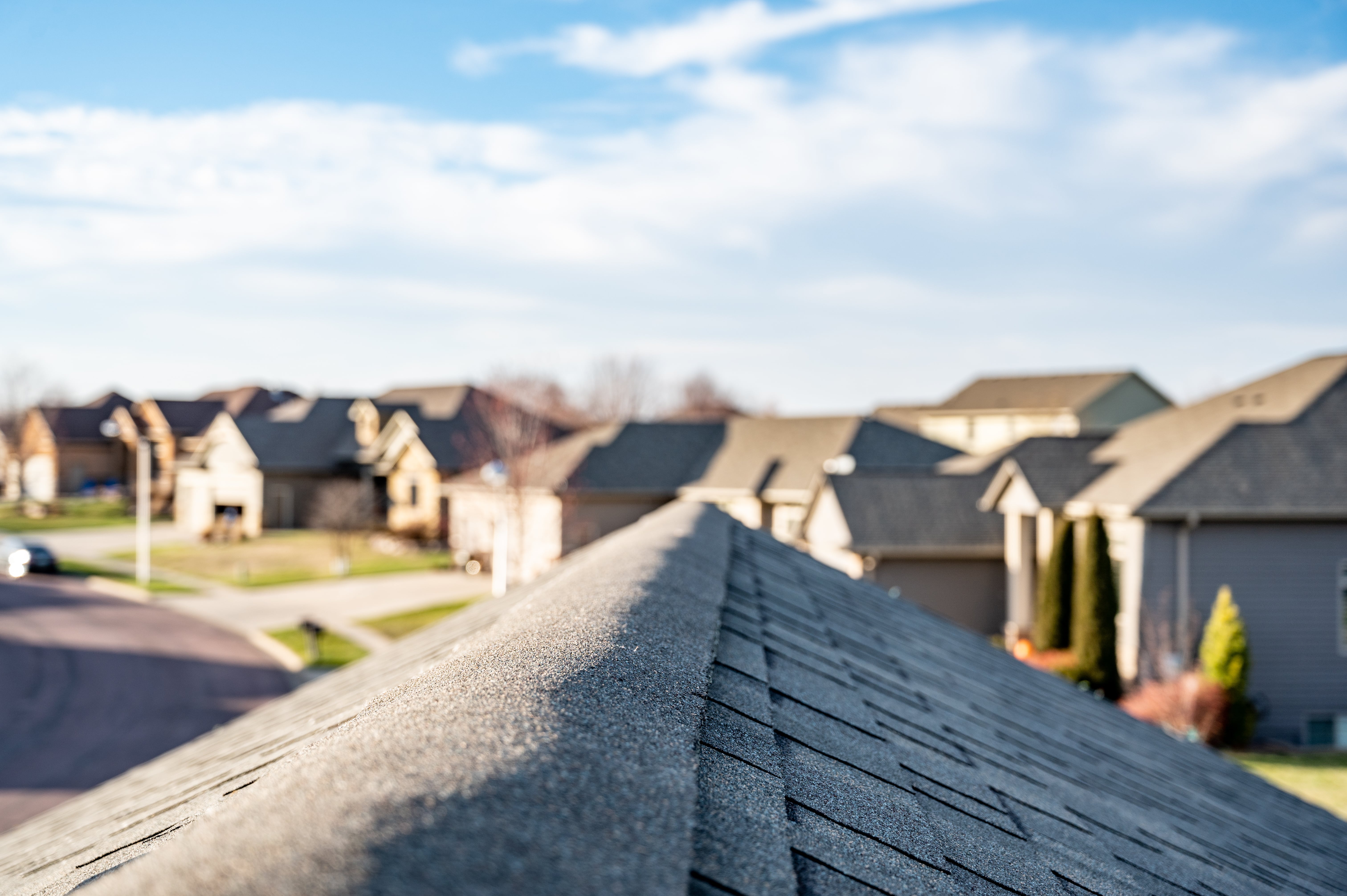Call today to schedule an inspection: (803) 261-4768
Home Inspection Blog Posts & Tips

What is a home inspection?
What is a general inspection? A home inspector should substantially adhere to a standards of practice that outlines what should be covered during a general home inspection, as well as what is excluded. If you are not sure how thorough the inspection will be, ask your inspector about their scope and if they exceed it. Your local Columbia, SC home inspector can give you an idea of the level of detail in their inspections by talking over it with them beforehand.
Why should I get a home inspection?
Buying a home is typically the biggest investment you will ever make, so it's important to get a home inspection because the inspector should be able to discover and document defects that may or may not be obvious to you as a prospective buyer. Such defects can range from simple replacements or repairs, to severe damage or safety and health concerns. Additionally, most mortgage companies require a home inspection on a property before approving the home loan.
How much does a home inspection cost?
There is no set cost for a home inspection. The cost will vary based on the inspector, the local market, the geographic region, the scope of the inspection to be performed, and more. Before the inspection, you should find out what will be included in the inspection and what won't, and these details should also be outlined in the inspection agreement that you will need to sign prior to the inspection.
How long does a home inspection take?
Home inspections can take a few different hours depending on the home's age, size and location as well as your inspector’s work protocols. If it takes more than two to three hours then there might have been some issues with how thorough they were in performing their job which could lead you down an unproductive path when looking at potential problems within the property itself.
At what point in the real estate transaction should
I schedule a home inspection?
Home buyers should always schedule their inspections before the closing date, as major defects can be discovered and fixed if they are indeed present in your home. For example: "In rare cases-due to timing or contractual issues -an inspection may need to happen after you've already closed on a house."
Should I be present for the inspection?
The home inspection is an important part of the process, and it's your chance to find out if this place will be worth buying. You may even learn something about its maintenance or systems that could help you during negotiations with the seller!
Can the home inspector also repair any defects he or she finds?
What if your home inspector is also a licensed contractor? Sounds great, right? Not always. Although it may seem convenient to have an inspector who is also a contractor, it poses a conflict of interest. According to InterNACHI's Code of Ethics:
The InterNACHI member shall not perform or offer to perform, for an additional fee, any repairs or associated services to the structure for which the member or member's company has prepared a home inspection report for a period of 12 months. This provision shall not include services to components and/or systems that are not included in the InterNACHI Standards of Practice.
What happens if the inspection reveals problems?
If your home inspection reveals any problems, it is important to understand the severity of the defect. For example, a missing shingle or dirty air filter can be easily fixed at a low cost. However, if the defect is more extreme, such as a major foundation crack, wood-destroying organism infestation, or evidence of mold, you should find out how these problems can be addressed, and whether you can negotiate their cost with the seller.
The more complex a problem is, the higher price tag may be associated with fixing it. For example if you have missing shingles or dirty air filters which can easily get fixed by yourself then this might not cost too much; however there exist extreme cases in which professional help would outweigh any DIY skillset available - such as major foundation cracks caused under ground zero due to sinkhole activity (which could lead up through floorboards).





